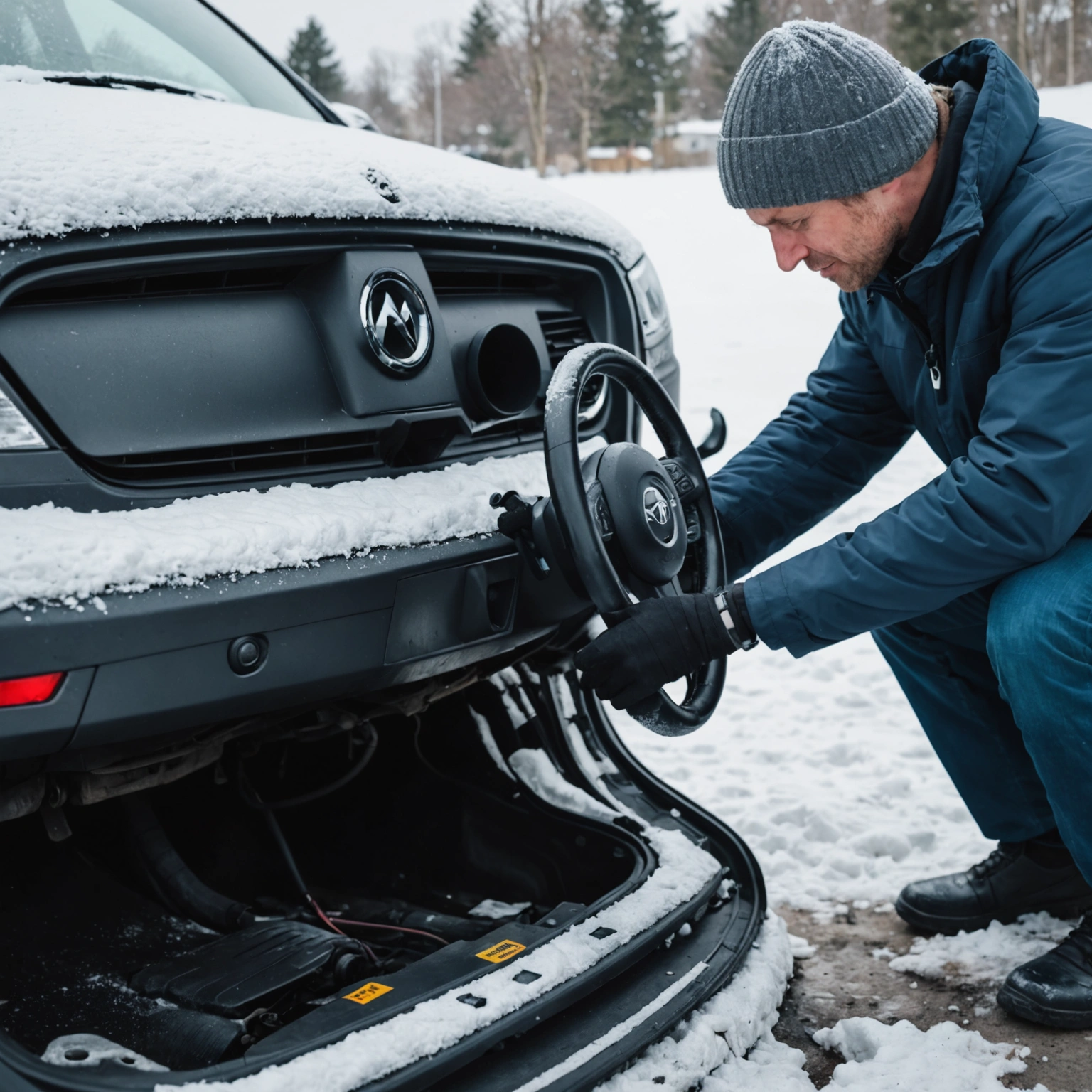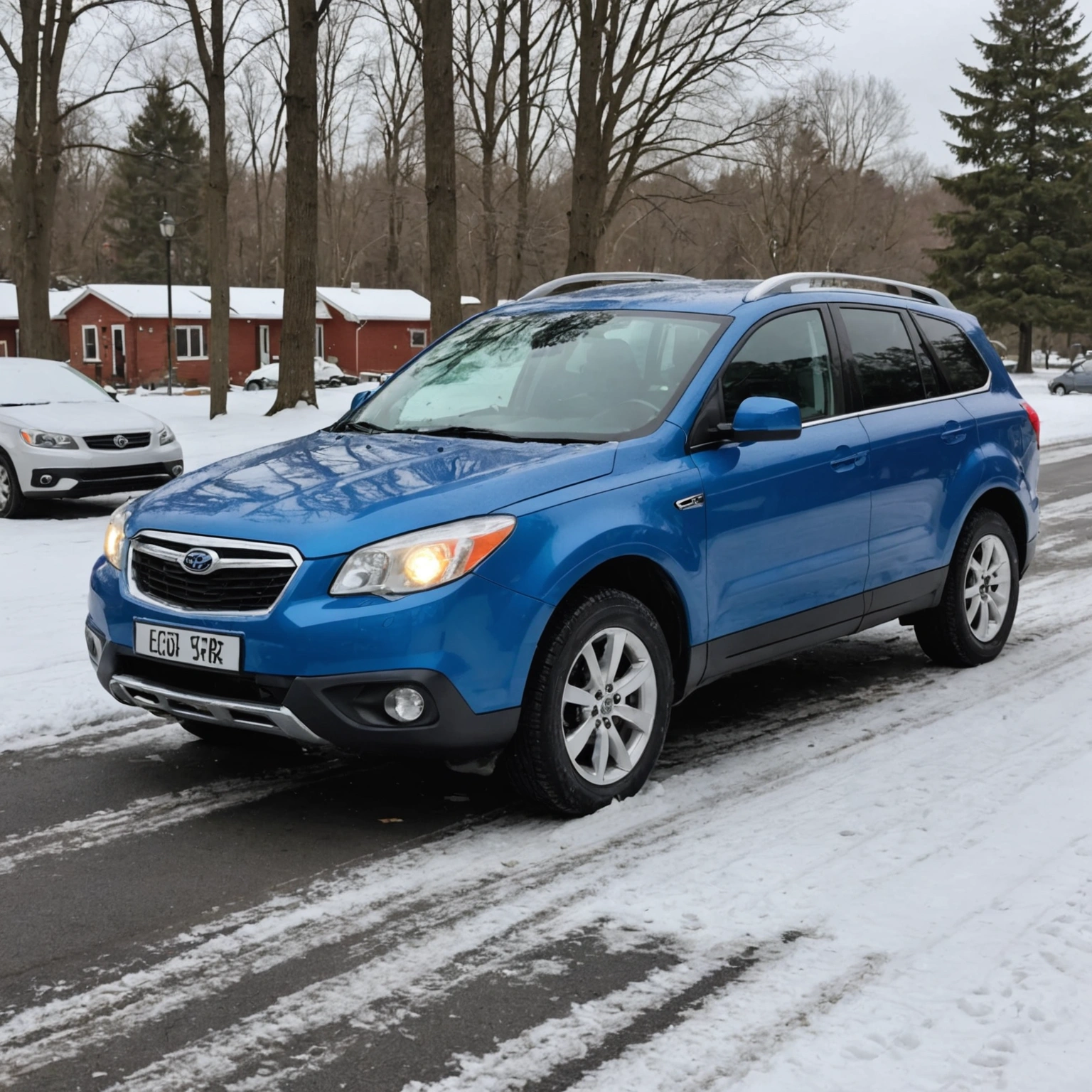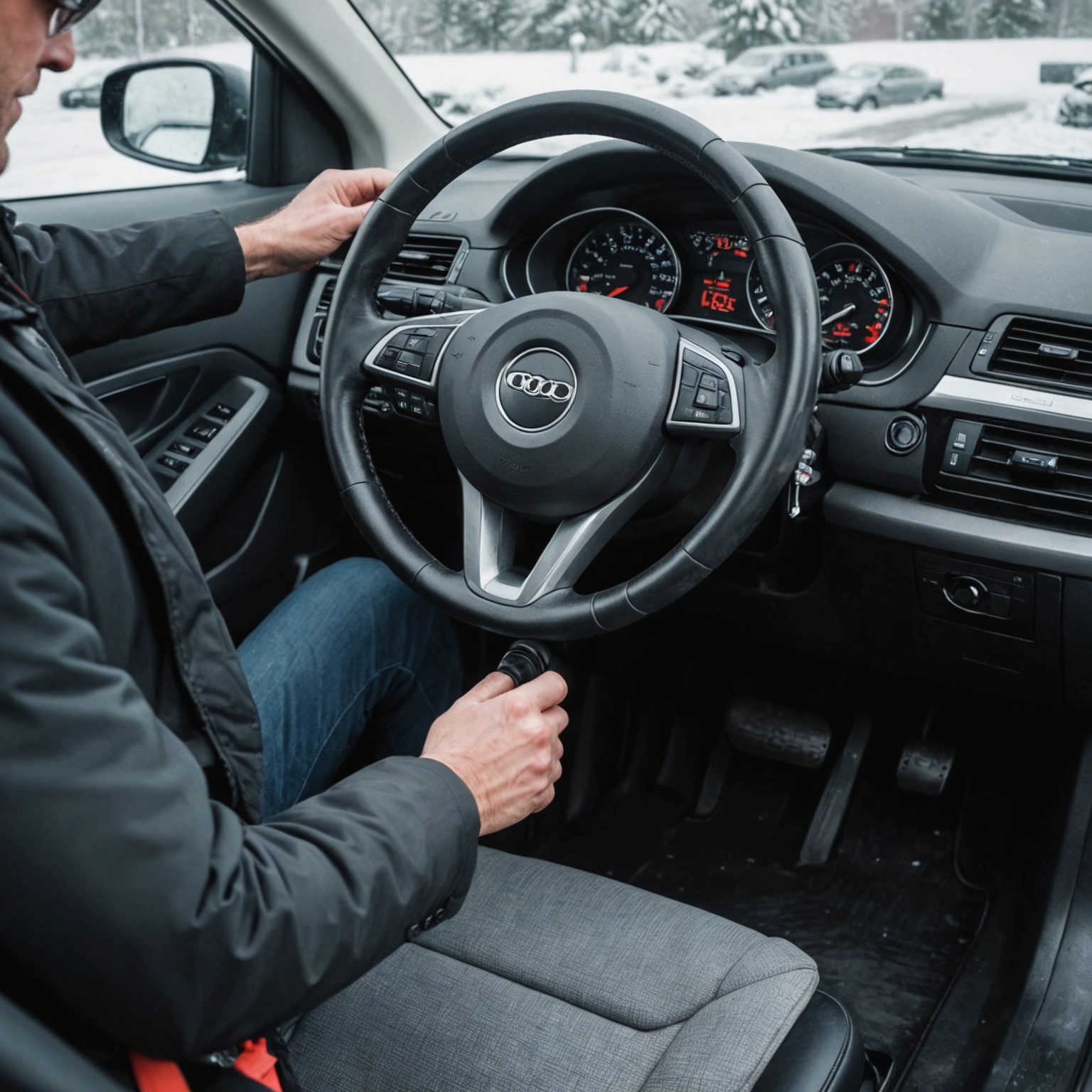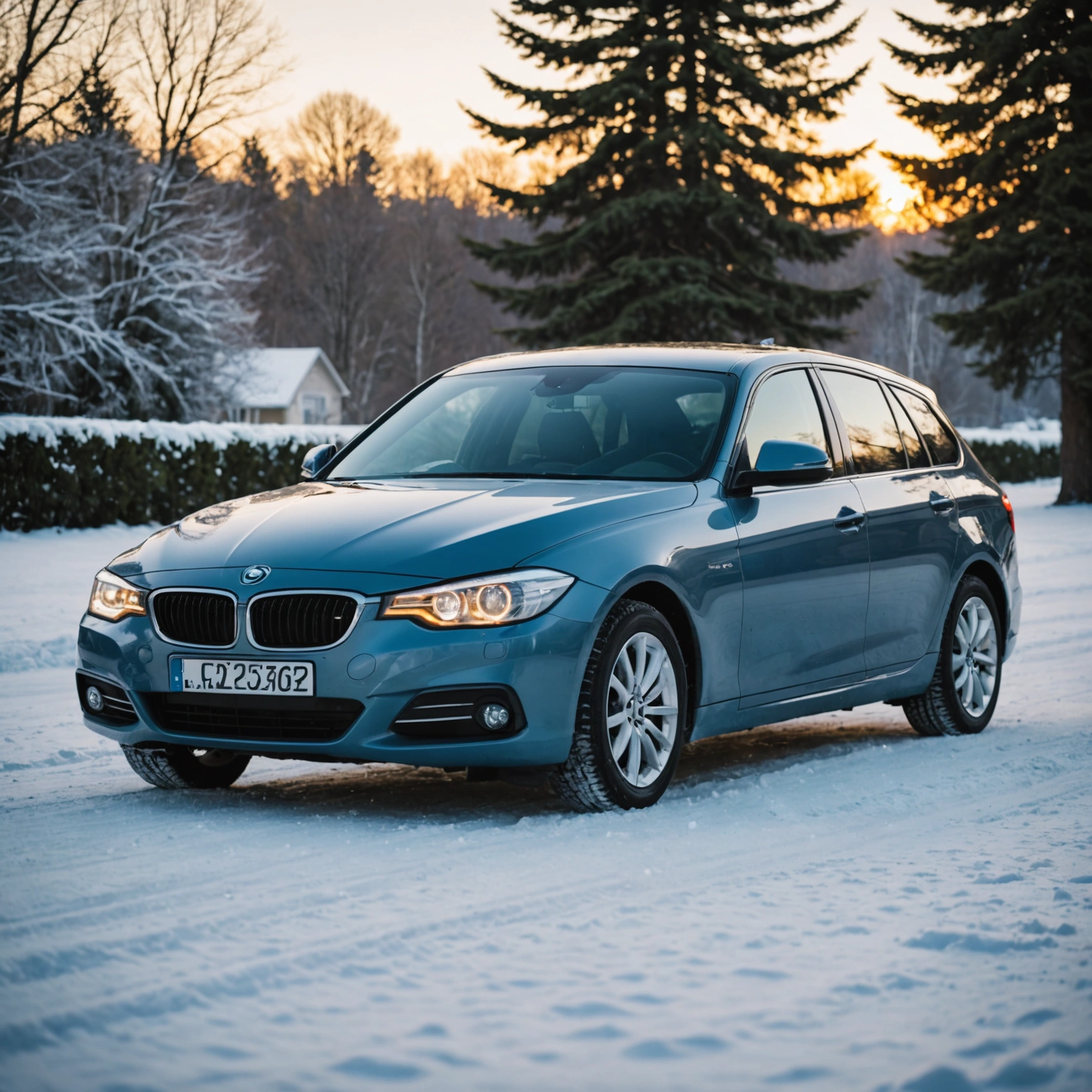**Why Does My Car Not Start in the Cold? Understanding the Causes and Solutions**
Winter can be a challenging time for vehicle owners, especially when your car refuses to start in the cold. Cold weather can impact various components of your vehicle, making it harder for the engine to turn over and start smoothly. If you’ve experienced this frustrating issue, understanding the underlying causes can help you troubleshoot effectively and prevent future problems.

### Common Reasons Why Cars Don’t Start in Cold Weather
1. **Weak or Dead Battery**

– **Why it happens:** Cold temperatures reduce a battery’s ability to produce sufficient current. The chemical reactions inside the battery slow down, decreasing its power output.
– **Signs:** The engine cranks slowly or not at all, and you might notice dim headlights or other electrical issues.

– **Solution:** Have your battery tested regularly, especially before winter. Consider replacing an aging battery or using a battery warmer to keep it warm overnight.
2. **Thickened Engine Oil**

– **Why it happens:** Cold weather causes engine oil to become more viscous, making it harder for the engine to turn over.
– **Signs:** Increased effort required to start the engine, longer cranking times.
– **Solution:** Use winter-grade oil formulated for low temperatures, which flows more easily when cold.
3. **Fuel System Problems**
– **Why it happens:** Fuel lines and injectors can freeze or become clogged with moisture, preventing proper fuel delivery.
– **Signs:** Engine cranks but does not start, or starts briefly then stalls.
– **Solution:** Keep your fuel tank at least half full to reduce moisture buildup. Use fuel additives designed to prevent freezing.
4. **Ignition System Issues**
– **Why it happens:** Cold weather can affect spark plugs, ignition coils, or wiring, leading to weak or inconsistent sparks.
– **Signs:** Difficult starting, misfires, or rough idling.
– **Solution:** Regularly inspect and replace aging spark plugs and ignition components.
5. **Frozen or Moisture-Related Problems**
– **Why it happens:** Water in the fuel or on electrical contacts can freeze, blocking essential functions.
– **Signs:** Starting issues that resolve once the engine warms up.
– **Solution:** Use fuel additives to prevent ice formation and ensure electrical contacts are dry and clean.
### Tips to Prevent Cold-Weather Starting Problems
– **Maintain your battery:** Check terminals for corrosion, ensure it’s securely mounted, and replace it if it’s old.
– **Use appropriate oil:** Switch to winter-grade oil during cold months.
– **Keep your fuel tank topped up:** This reduces moisture that can freeze.
– **Park in a garage or use a block heater:** Keeping your vehicle warm can significantly improve starting reliability.
– **Regular maintenance:** Routine inspections and timely replacements of spark plugs, belts, and other components keep your vehicle in good shape.
### When to Seek Professional Help
If your car still won’t start after trying these tips, or if it starts inconsistently, it’s best to consult a mechanic. Persistent starting issues might indicate deeper problems, such as a failing alternator, starter motor, or other electrical system faults.
—
**In conclusion,** cold weather can adversely affect your vehicle’s battery, oil, fuel system, and electrical components, leading to starting issues. Proper maintenance, using the right fluids, and taking preventive measures can help ensure your car starts reliably even in the chilliest conditions. Stay safe and prepared this winter season!

